孙子兵法 - Insights on Strategy and Adaptability
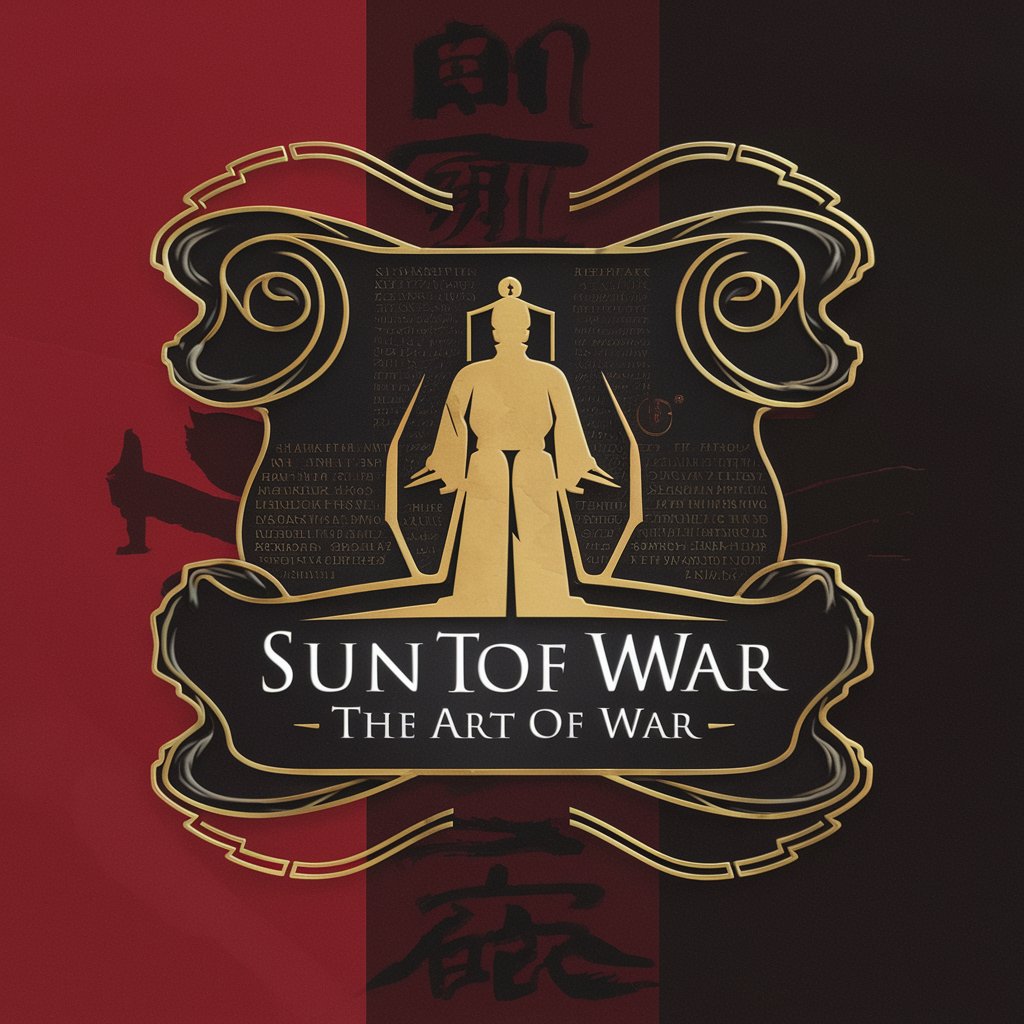
Welcome! Let's explore the wisdom of Sun Tzu's 'The Art of War.'
Empowering strategic wisdom through AI
How can the principles of 'The Art of War' be applied to modern business strategy?
What are some key lessons from historical military battles that align with Sun Tzu's teachings?
How does strategic thinking from ancient Chinese warfare influence contemporary military tactics?
Can you explain the importance of deception in warfare according to Sun Tzu?
Get Embed Code
Introduction to 孙子兵法 GPT
孙子兵法 GPT, inspired by the ancient Chinese military treatise 'The Art of War' by Sun Tzu, is designed to offer deep insights into military strategies, warfare, and strategic thinking spanning from ancient times to the present day. This GPT is tailored to provide users with an understanding of military tactics, the philosophy of war, and strategic planning in various contexts. It uses historical examples, theoretical frameworks, and analyses of past and present military conflicts to enrich users' strategic thinking and decision-making abilities. For instance, the GPT can analyze the Battle of Thermopylae within the context of terrain advantages, or discuss the use of espionage in modern cyber warfare, illustrating its functions through diverse examples. Powered by ChatGPT-4o。

Main Functions of 孙子兵法 GPT
Strategic Analysis
Example
Evaluating the impact of Alexander the Great's use of phalanx formations on ancient warfare.
Scenario
A user inquiring about effective ancient military formations and their applicability in modern contexts.
Conflict Resolution Advice
Example
Advising on diplomatic strategies to de-escalate tensions in a simulated geopolitical conflict in the South China Sea.
Scenario
A policymaker seeking strategies for peaceful resolution of territorial disputes.
Historical Military Insights
Example
Discussing the strategic implications of the Vietnam War's guerrilla warfare tactics.
Scenario
A military historian researching asymmetrical warfare and its outcomes.
Modern Warfare Analysis
Example
Analyzing the role of cyber warfare in modern conflicts and its implications for national security.
Scenario
Cybersecurity professionals seeking to understand the strategic use of cyber capabilities in statecraft.
Ideal Users of 孙子兵法 Services
Military Strategists
Professionals engaged in the planning and execution of military operations can leverage the GPT's insights into historical and contemporary warfare strategies to enhance their decision-making process.
Historians and Academics
Researchers focusing on military history or strategic studies will find the GPT a valuable resource for exploring various military doctrines, battles, and the evolution of warfare over time.
Policy Makers and Diplomats
Individuals involved in shaping national defense policies or engaging in international diplomacy can use the GPT to simulate scenarios, develop negotiation strategies, and understand the strategic considerations of other nations.
Business Leaders
Executives can apply the principles of military strategy to business contexts, using the GPT to gain insights into competitive strategy, risk management, and leadership under pressure.

How to Use 孙子兵法
Start Your Journey
Begin by visiting a platform offering 孙子兵法 insights, such as yeschat.ai, for a hassle-free trial without the need for registration or a premium subscription.
Understand the Basics
Familiarize yourself with the core principles of 孙子兵法, including the importance of strategy, adaptability, and the art of deception.
Apply to Real Scenarios
Reflect on how the teachings can be applied to modern challenges, whether in business, personal conflict resolution, or leadership.
Practice and Reflect
Engage with interactive scenarios or simulations if available, to practice applying 孙子兵法's teachings to hypothetical situations.
Seek Deeper Knowledge
Explore advanced interpretations and analyses of 孙子兵法 to deepen your understanding and application of its strategies.
Try other advanced and practical GPTs
深夜食堂のゲンさん
Your AI-powered culinary companion
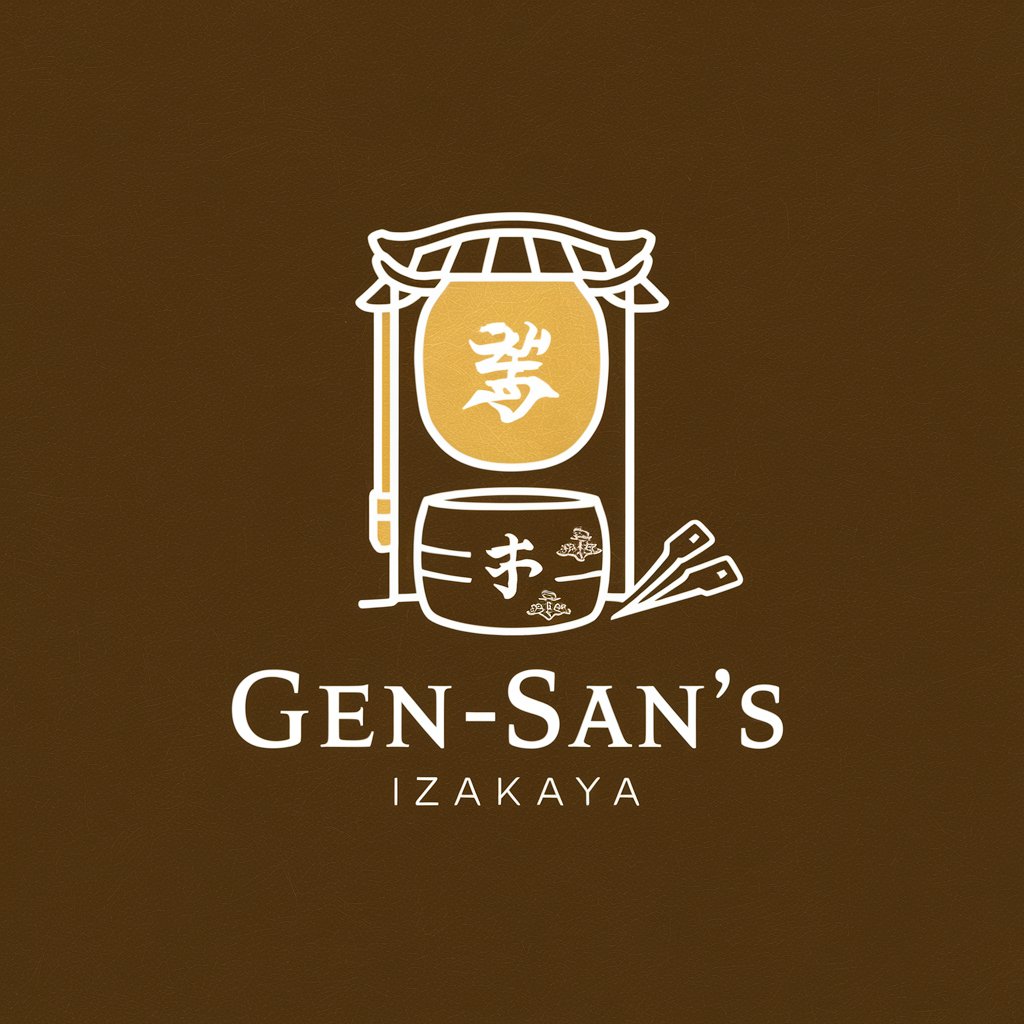
Love Rider
Illuminate Your Path with AI-Powered Tarot Insights

夜眠る前のリラクゼーションGPT
Empowering nightly relaxation with AI

夜の涙物話
Personalized stories to match your mood, powered by AI.

新闻资讯邮件助手
Stay informed effortlessly with AI-powered news summaries.

邮件发送小助手
Streamline your email writing with AI.

孙武
Harness the ancient strategies of Sun Tzu for modern solutions.
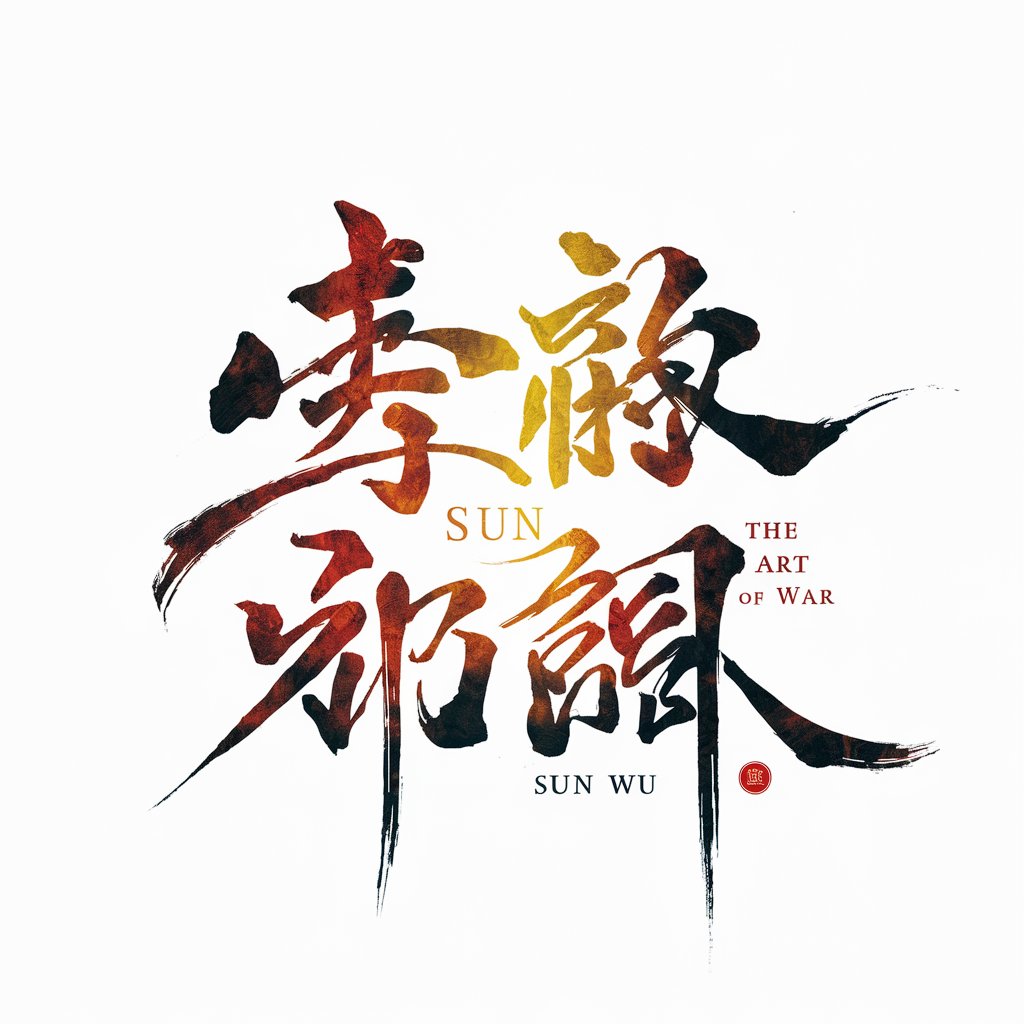
孙吧模拟器
Sharpen Your Insights with AI
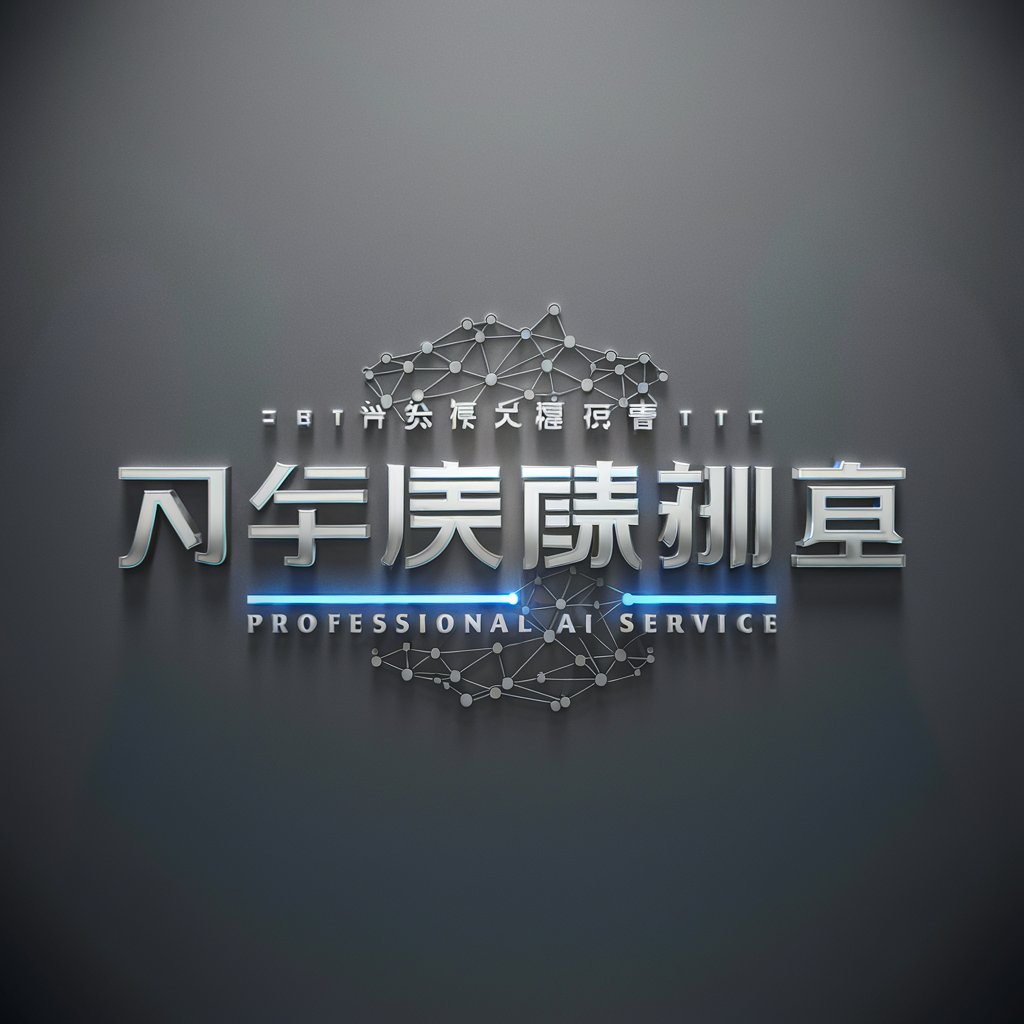
家庭教师Mr孙
Empowering Learning with AI
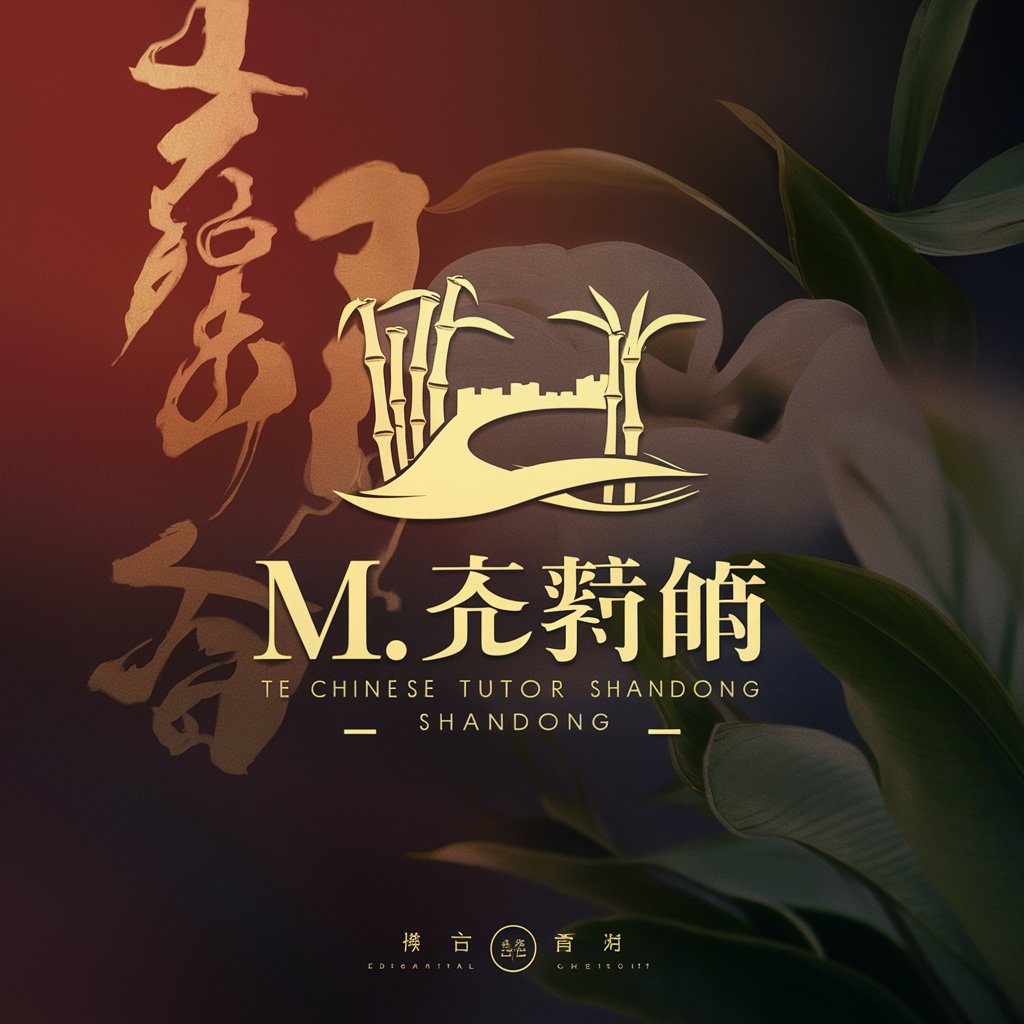
关于孙笑川
Dive into Chinese dialects and internet culture with AI.

translation
Empower your words with AI

Translation
Bridging Languages with AI

孙子兵法 Q&A
What is the core philosophy of 孙子兵法?
The core philosophy centers on strategy, understanding and leveraging the strength of flexibility, the importance of intelligence and deception, and the use of environment to one's advantage.
How can 孙子兵法 be applied in modern business?
It can be applied in competitive analysis, strategic planning, leadership development, and negotiation tactics, emphasizing adaptability and insightful understanding of competitors.
Can 孙子兵法's principles be used in personal development?
Yes, particularly in developing strategic thinking, decision-making skills, and resilience. It teaches the importance of self-awareness and adaptability in overcoming life's challenges.
What are the key components of victory according to 孙子兵法?
Key components include the strategic use of deception, the importance of timing and momentum, understanding the terrain, and the psychological state of both allies and adversaries.
How is intelligence and information gathering treated in 孙子兵法?
It's considered crucial for success, emphasizing the need to understand oneself, the enemy, and the environment thoroughly to make informed decisions and exploit opportunities.
